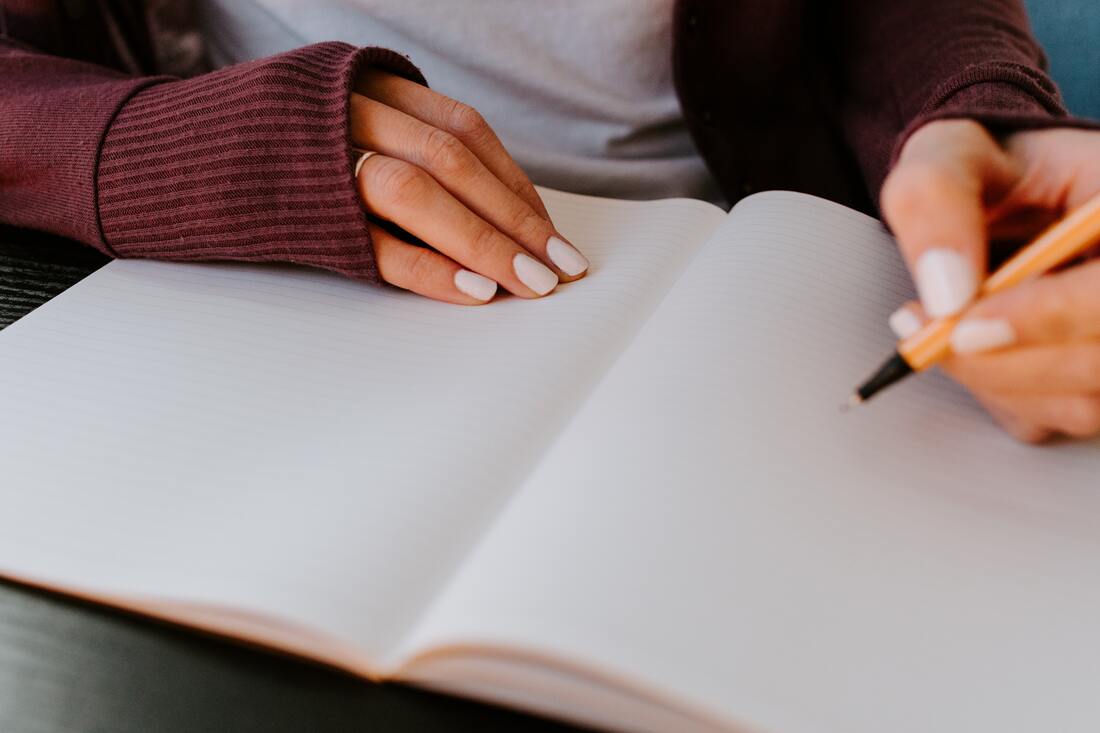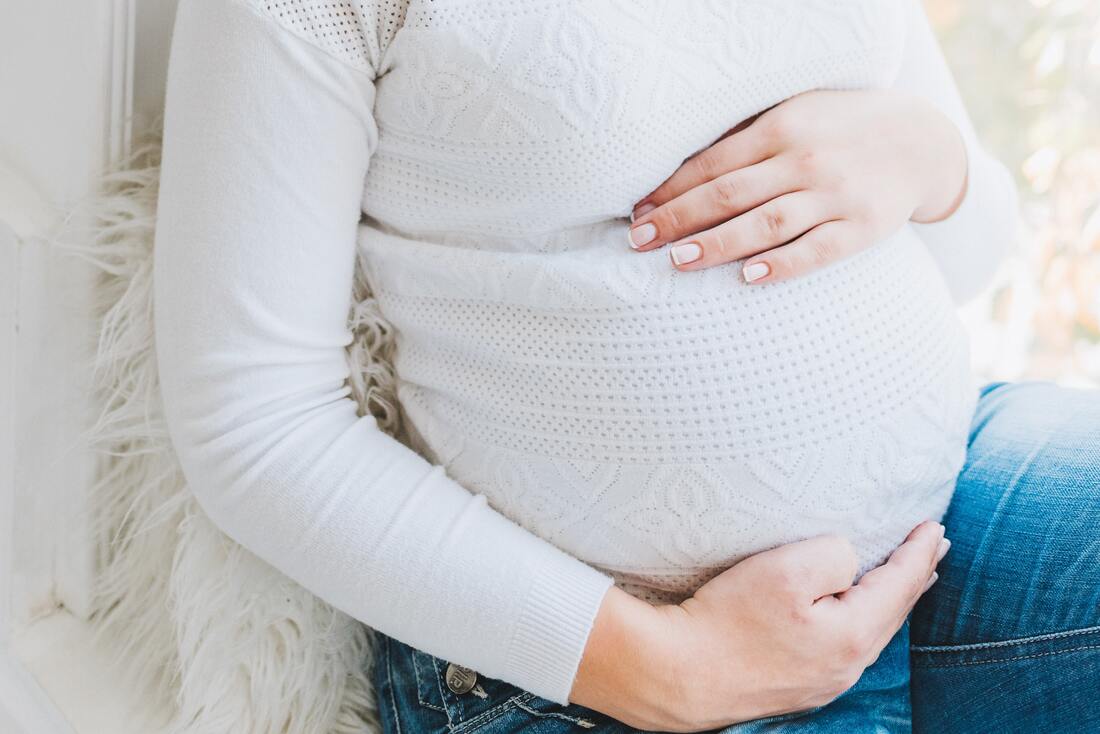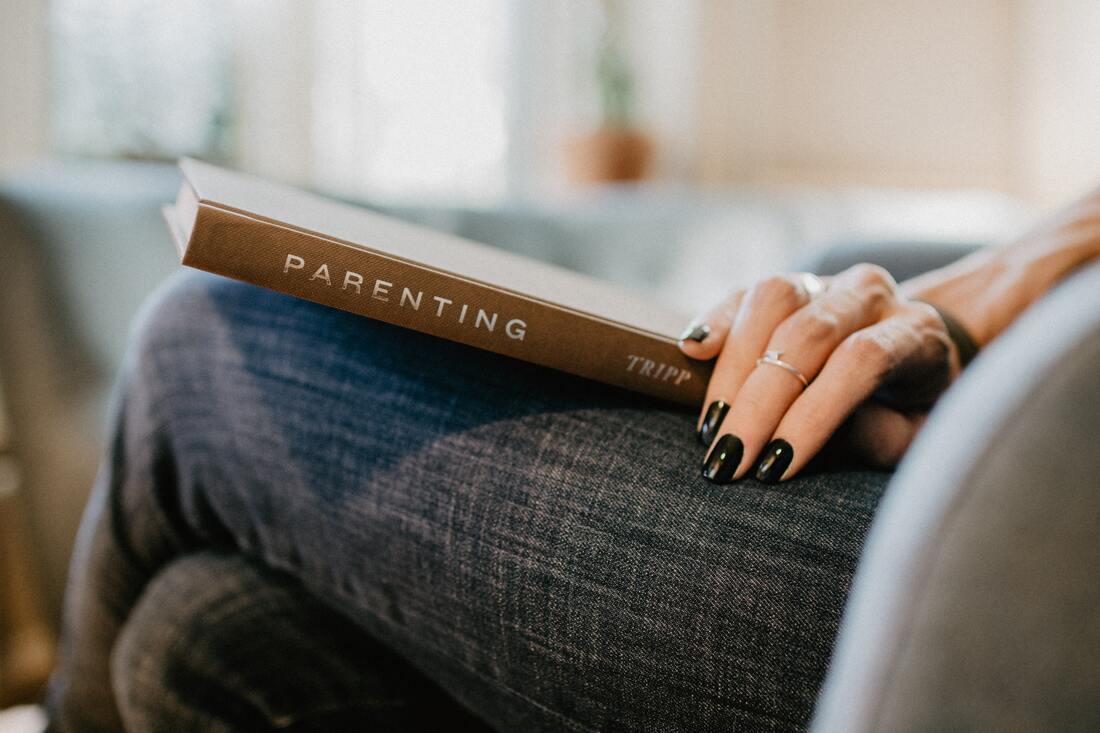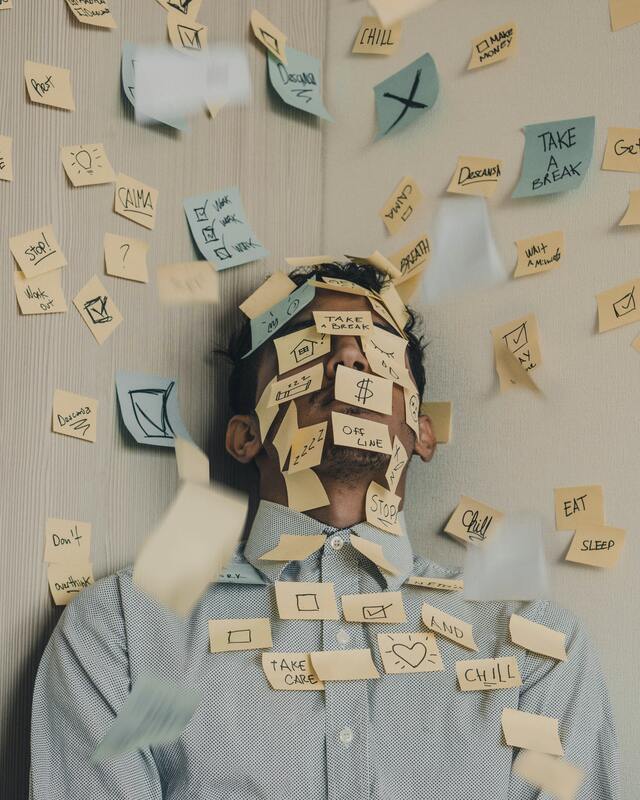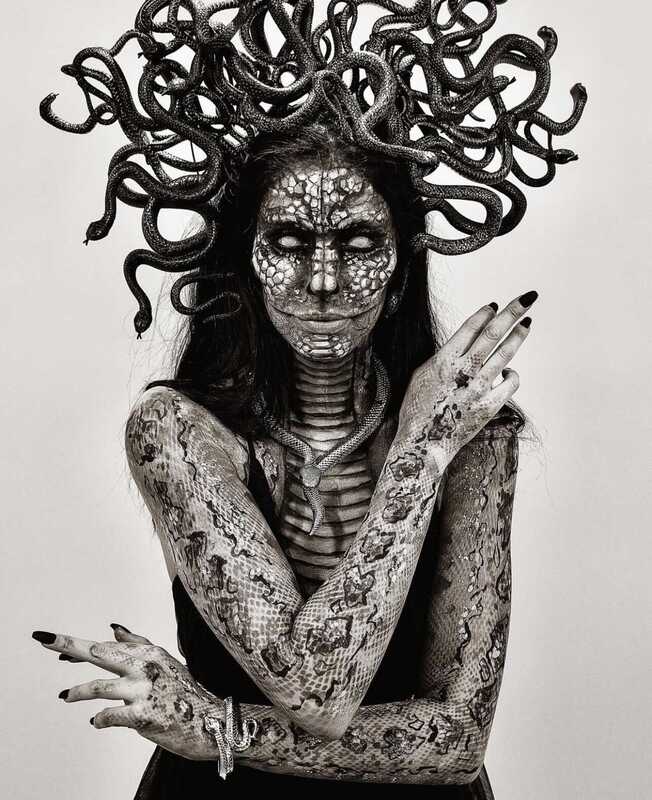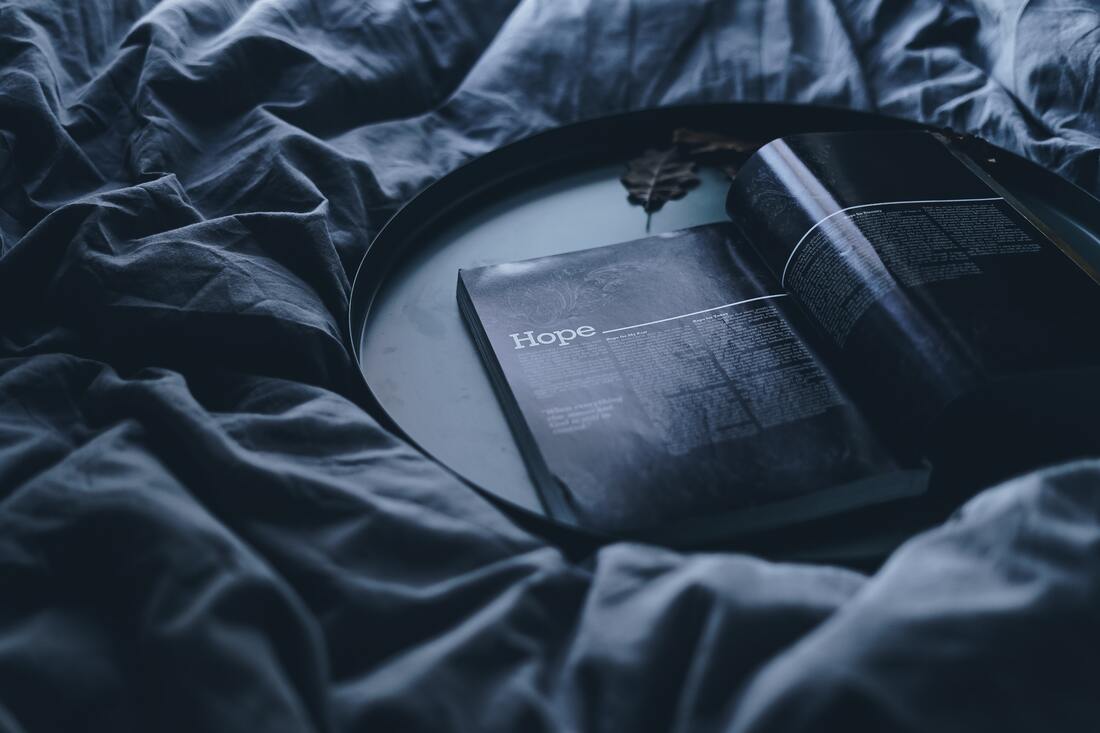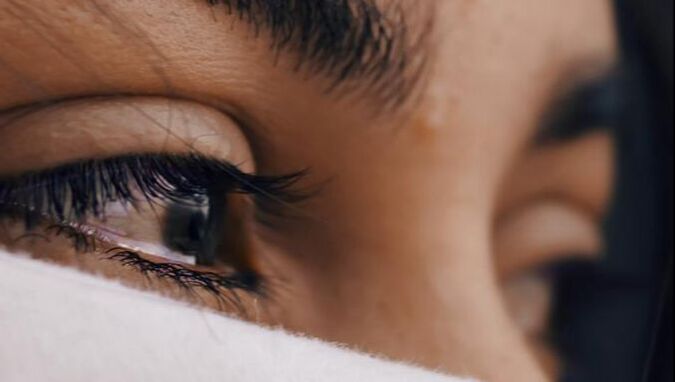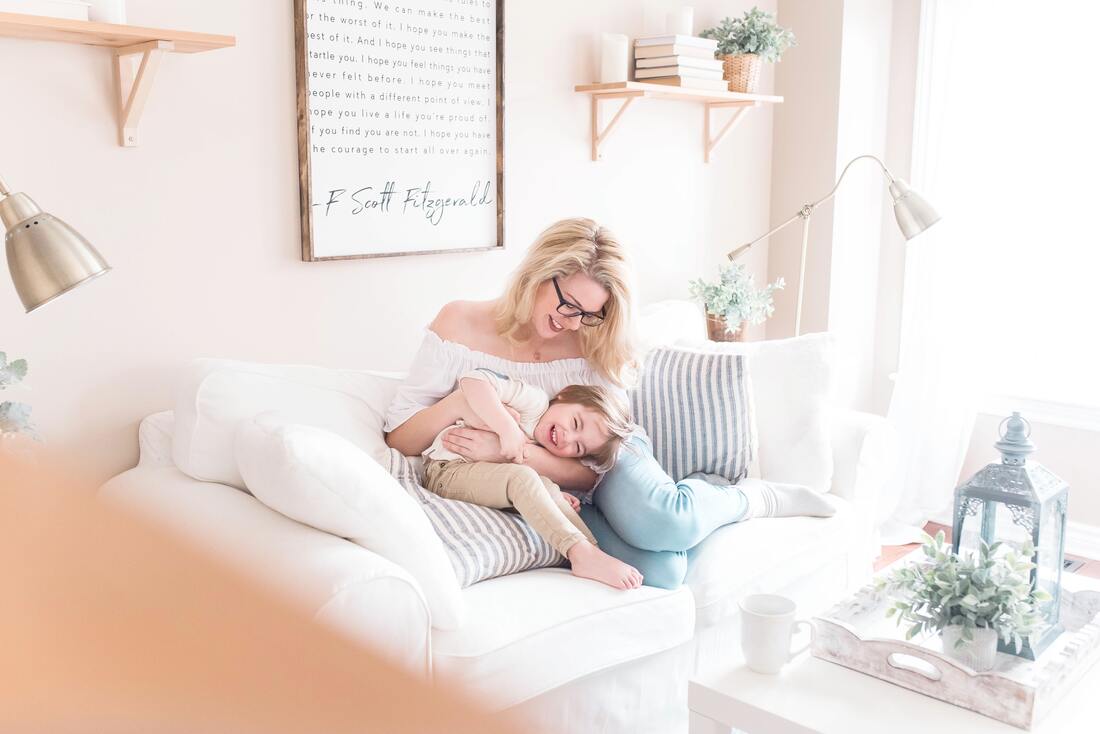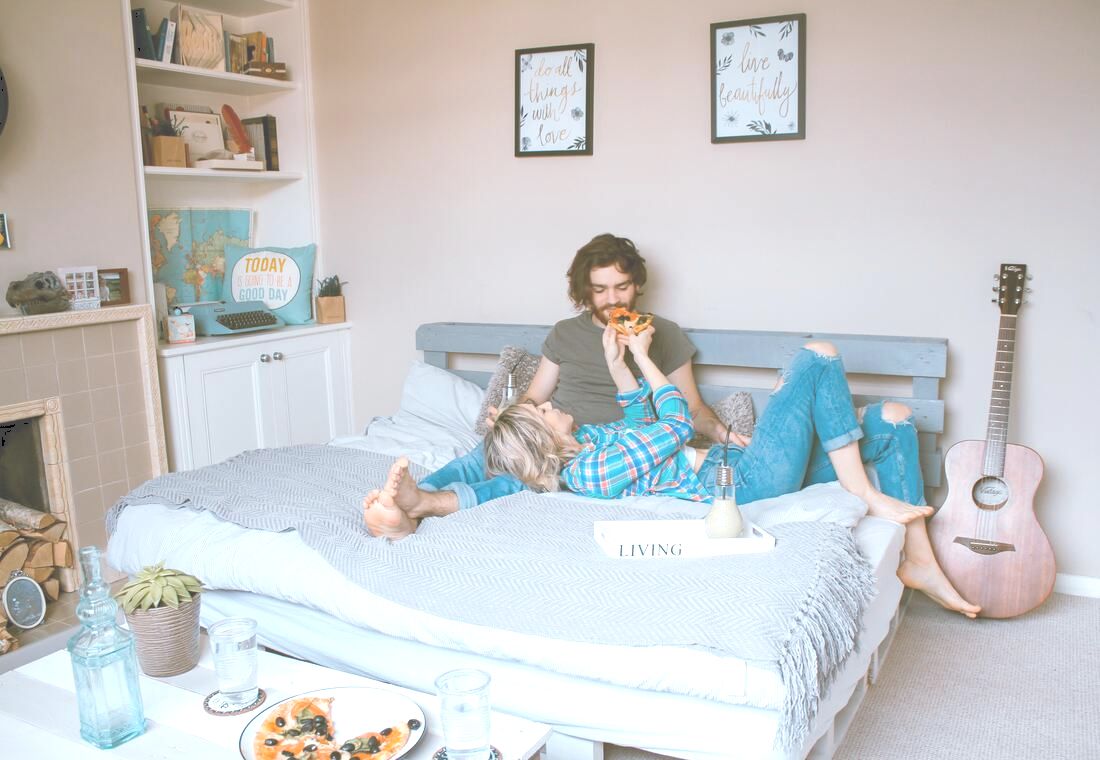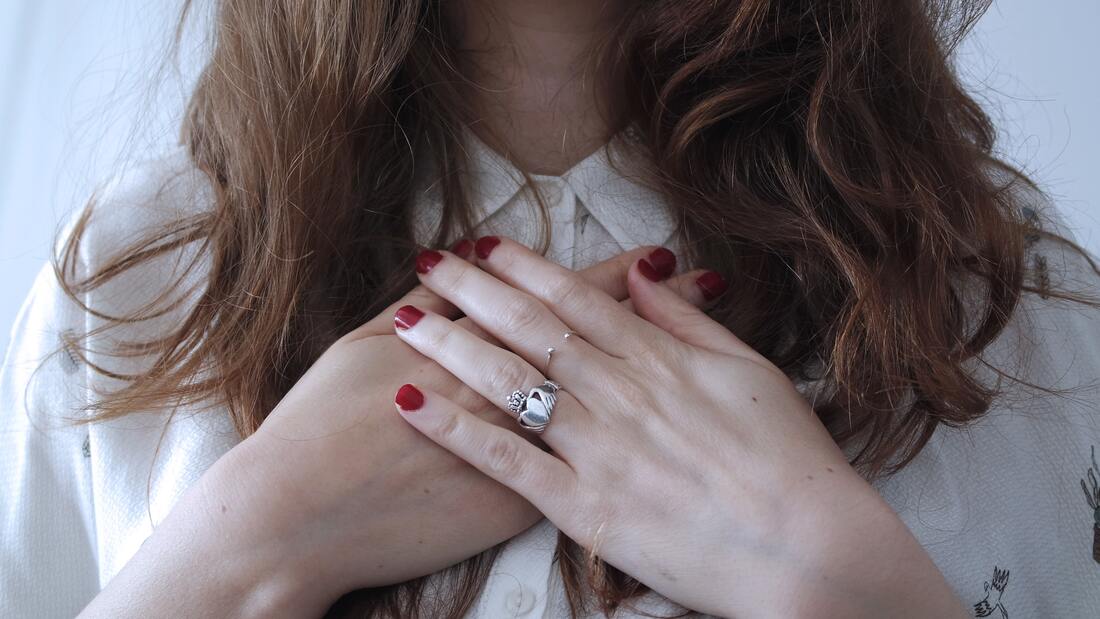|
Back to school can be an exciting and scary time for kids. Whether it's going to school for the first time, going to a new school, or just adjusting to being in a new class, all of this can cause anxiety in kids.
By: Cassandra Nordal, PR & Marketing Coordinator Heating pads, chronic pain, uncontrollable bleeding, cramps, pain medication, depression, invasive procedures, tears, embarrassment, hormone therapy, infertility, bloating, debilitation, thrush, anemia, hormone imbalances, never being able to sleep and always wanting to sleep, extreme swelling and bloating, constant weight fluctuations, extreme dietary changes, painful scar tissue, late night/early morning ER visits, body aches, migraines, tension headaches, vomiting and IBS, and loss of function with certain organs - This is Endometriosis.
Whether you’ve made a New Year’s Resolution to focus on your wellbeing, or simply feel like now is the right time, you may be contemplating speaking with a therapist. You might have come to this decision easily, or maybe it’s something you have contemplated for a long time. Whatever the reason, sometimes the jump from deciding to speak to someone to scheduling your first appointment can be daunting. You may ask yourself: what is the therapist going to ask me to do? How much should I share about myself? How can I trust a total stranger? What if they judge me?
Cheating, whether in a monogamous or polyamorous relationship, is sometimes so difficult that relationships have difficulty withstanding the hurt and pain of cheating, and sometimes the relationship will end. For some, cheating is a limit or boundary that cannot be accepted because of one’s values and beliefs, and as such, the relationship cannot be recovered.
It is never too late to start over and build the life that you want!
At first, it was the crying. The hyperventilating and crying. Crying so hard that you can’t breathe. Crying so much that you wonder when you’re going to run out of tears. You can’t stop it. You just have to let it out. People try to comfort you, but them being close makes it harder to breathe. Makes you cry harder.
Every birth is unique. And every person’s feelings or story about their child’s birth is unique. If you are struggling with your memories of your childbirth, know that you are not alone. Many people need time and space to heal emotionally and physically from this life-changing experience, no matter how the birth unfolded.
Often after a breakup, you’ll see people cut or dye their hair, get a piercing or tattoo, or change their wardrobe. I, for one, am guilty of all of the above. But why do we do this?
By: Seija Grant, MEd CP, RP Whoooooa. Okay. Yes, there is a lot of shame going around. It seems to spread like wild fire too. So many conductors for shame and guilt that can easily lead to spiraling: feelings of being monitored by others, being judged, criticized or questioned for our actions or behaviours (perceived or actual); for feeling ‘good’ during a global crisis; for coping in a way that we need to; for not doing ‘enough’.
There are people making assumptions about others, posting things all over social media, guilting, blaming and shaming. It’s nearly impossible to avoid. Linda Kelly, MSW, RSW, CEO, Psychotherapist Are you tired of being told to be sensitive? Are you resonating with the #tiredofgenerationsnowflake trend? You might be suffering from social media overkill.
So take a break. Chill. By: Cassandra Nordal For those of you that don’t know, a Situationship is a romantic relationship that’s undefined or maybe even uncommitted. It is NOT the same as “friends with benefits.” It may be someone that you’ve been comfortably hooking up with for some period of time, or someone that has close intimacy with you but doesn’t refer to you as a partner. Sometimes, having undefined relationships is super fun, sexually satisfying, and liberating, even. Plus, a Situationship gives you time to get to know somebody without feeling pressured to make a big decision about commitment.
So how do you know if you’re in one? What’s the difference between an “open relationship” or “friends with benefits?” By: Cassandra Nordal Returning to work after a lay off or leave in general, is difficult. You add a pandemic onto that and well, how do we begin to function properly?
By: Laura Groulx, MSW, RSW Recently, I have really been reflecting on the meaning behind the cliché about our lives being broken down into “chapters”. I have been seeing it this way more now than ever before, in both my life, and in the lives of the people around me. Our lives can change so dramatically in one day, by either making a single choice, or having something happen around us that is totally out of our control. Life is fluid and dynamic, and the uncertainty of it all can feel kind of scary.
By: Kelly Graham, MSW, RSW If you’re anything like me, you love sleeping in and hate waking up early for anything. While this lifestyle was alright in my teenage years, the older I got, the more I wanted to wake up and be productive in the morning. While this is much easier said than done, here are some tips that can help you learn to rise with the birds and get stuff done.
By: Laura Groulx, MSW, RSW I talk to a lot of people. Like really talk. Typically, in my first meeting with a new client, I’ll ask what their goals are for counselling. As in, what is it that they are looking to change about themselves, or what can I support them through.
An answer I often encounter is this: I want to be happy. This is a big goal. What does this even mean?? By: Laura Groulx, MSW, RSW Change can be hard. Like really hard. There are some people that thrive in a changing environment, however, many (like me!), prefer structure, routine, and predictability. Unfortunately for us structure-lovers, life isn’t always so predictable.
By: Kristen Sohlman, MACP, RP The experience of coping with difficult situations, significant changes in life, and other life challenges might leave you feeling low in mood and even hopeless. The challenge with feelings of hopelessness is that this feeling carries with it a certain reality: that things won’t get better, that it is not worth trying, and that you might as well just give up.
By: Kristen Sohlman, MACP, RP Are you feeling that the world has changed so much? Are you feeling helpless? Are you feeling sad? You may not be just depressed; you may be grieving. The grief response happens when there are significant changes in life, when things will not go back to the way they used to be, when there is a loss of normalcy, a loss of connection, when there is worry or fear, and all of this is hitting us in a short period of time.
By: Kelly Graham, MSW, RSW You’ve probably been bombarded with articles about how you should use your time in self-isolation to better yourself (learn a language, play an instrument, etc.). However, this can be hard for a lot of people. We are feeling stressed and anxious about what is happening in the world, and for some people that isn't easy to overcome.
By: Laura Groulx, MSW, RSW I don’t have answers, only thoughts. I’m not a lawyer, but I do speak with a lot of people about relationships and family dynamics. Recently, with everything happening in the world, I’ve been wondering how co-parents are handling shared custody and access regarding children that are currently in isolation; after all, some children have more than one family.
By: Cassandra Nordal 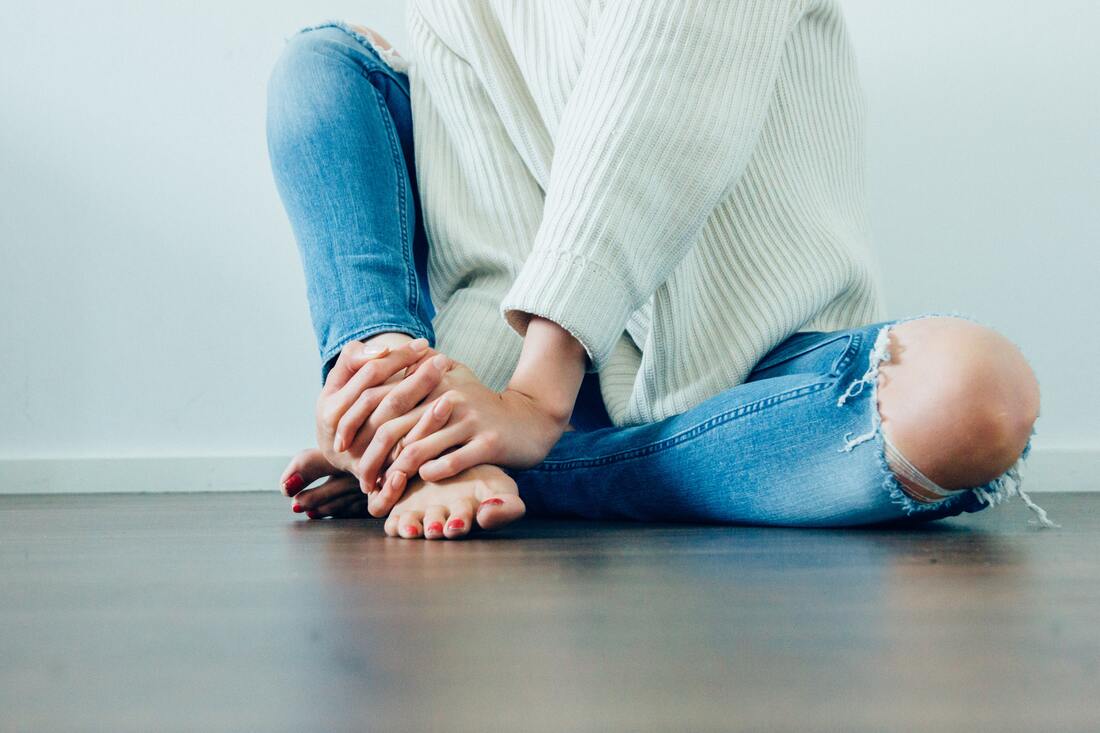 This is obviously a scary time for us all. Hour by hour, we are watching our world change so drastically that we are all in a state of constant worry and panic. We have been focusing on the detrimental health risk and factors that this virus is causing, and now, we need to talk about the impact this is having on our mental health.
The idea of surviving isolation with your partner may spur mixed emotions. We are with our partners because we fell in love, so much so, that we have committed ourselves to this other person completely. Well, maybe not completely. Let’s get real: We love our partners, but sometimes too much of a good thing is, as they say, too much. Relationships still require a sense of individuality and independence. We all need our space - space is healthy! However, we may be finding that we have less space from our partner when many of us are spending more time at home. Here are a few ideas on how to cope with increased togetherness:
By: Seija Grant, Med CP, RP Wow! Things are feeling a little chaotic and overwhelming, and certainly anxiety-provoking out there. I am not immune to that as a therapist, and was thinking about what can be done to ease some of the mental (and physical) tension in our community. One such skill that can be cultivated and applied during these tough times is ‘Mindful Self-Compassion’ (MSC). I realize this may be a new concept for many of you, so I will give a brief overview of what this is and how this may be helpful during this tense time.
|
|
OverviewNWO’s source for all things relationships, mental health, wellness, lifestyle, and pandemic support. Kelly Magazine is a mental health outreach initiative created by Kelly Mental Health and supported by Kelly Mental Health Foundation, a non-profit organization dedicated to improving the community in the area of mental health.
|
Magazine |
Follow Us |
In support of @kellymentalhealthfndn |
© COPYRIGHT. ALL RIGHTS RESERVED. WEB DESIGN BY KMH






